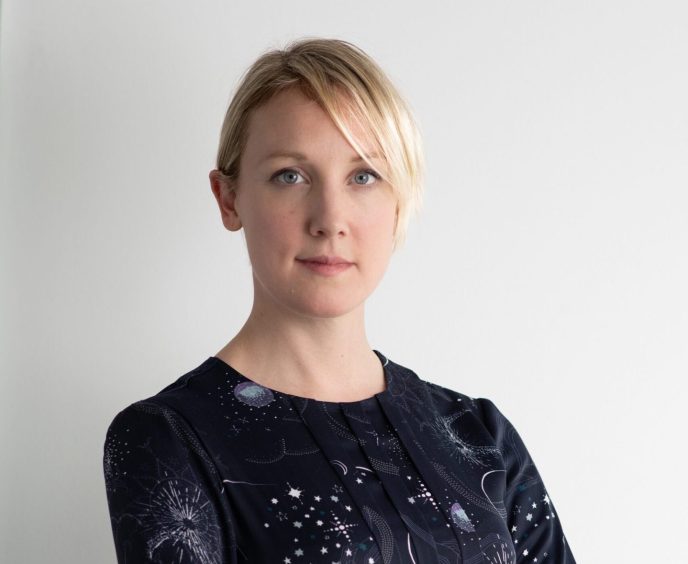 © Supplied by CCC
© Supplied by CCC Emma Pinchbeck, the new chief executive of the Climate Change Committee, told a government inquiry on Wednesday that the UK needs a “comprehensive strategy” for industries affected by the net zero transition.
“We would like a comprehensive strategy for workers, for new industries, and also for industries that are going to be affected by the net zero transition,” Pinchbeck told the Energy Security and Net Zero (ESNZ) committee inquiry.
“This is the question of reskilling, redeploying the workforce, or supporting communities where industries are going to change. Oil and gas is the example everyone always gives.”
She described the energy transition as the “biggest industrial shift” that most people will experience in their lifetimes, adding that “clear communication” on the transition is key.
The Climate Change Committee is responsible for reporting to parliament on the UK’s progress on climate change adaptation biannually, a requirement under the Climate Change Act.
Pinchbeck, who joined as the new chief executive in November from the EnergyUK, where she was the former CEO, is responsible for overseeing the publication of the UK’s seventh carbon budget advice in early 2025.
She will also run the fourth independent climate change risk assessment in 2026, outlining the emissions limit for the period from 2038 to 2042 and how the UK can respond to climate risks.
Pinchbeck said that Skills England could play a role in the transition of workers from fossil fuel industries in the net zero energy transition.
According to estimates from the Office for National Statistics (ONS), there were approximately 272,400 people employed full time in the low carbon and renewable energy sector in 2022, a 27% rise from two years earlier.
Pinchbeck praised the government’s new Office for Energy Jobs, which was set up in November 2024. She said the office will work with Skills England and other training and accreditation bodies to deliver a strategy for each area of the economy.
“We’re not skills specialists at the Climate Change Committee but I would say there is a role for Skills England,” Pinchbeck told the inquiry.
“It should be possible if you’re a marine diver working on an offshore oil and gas rig to very easily move over to being a marine diver and surveyor in the renewables industry. I know the sector’s doing work to make sure the certification standards, health and safety training, are aligned.
“When I started in renewables ten years ago, you used to basically have to requalify to do that job. It will be like that in every area of the economy. There are things we can do to really streamline what’s needed for people to move over.”
Pinchbeck indicated that the government should build on the work of its Green Jobs Taskforce, which published a report in 2021, by implementing tailored strategies across industries.
“We’ve had high-level strategies, but starting to really work out actions for each area of the economy would be our recommendation,” she said.
She said that there was “a lot of noise” on climate information from different sources, but that overall the population is keen on doing “more” rather than less on climate change.
The Climate Change Committee is an independent body. Responding to questions from the ESNZ committee inquiry, Pinchbeck welcomed expanding its reach as directed by government.
